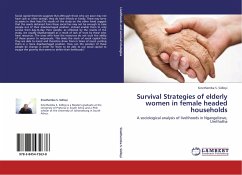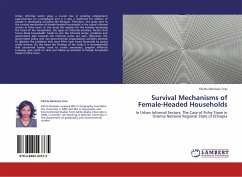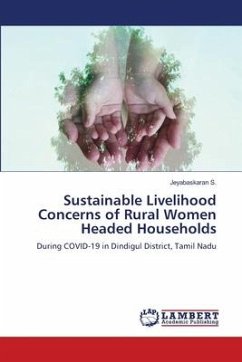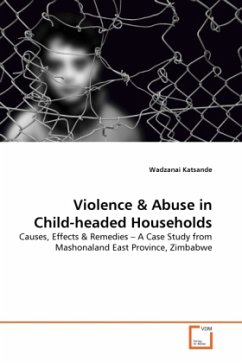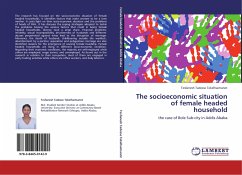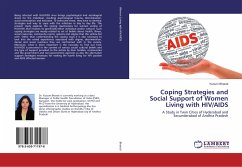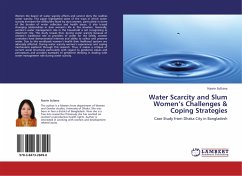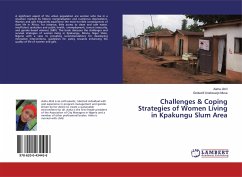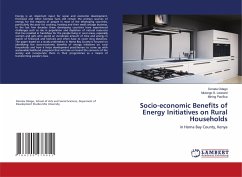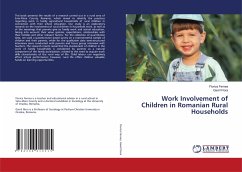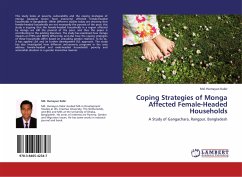
Coping Strategies of Monga Affected Female-Headed Households
A Study of Gangachara, Rangpur, Bangladesh
Versandkostenfrei!
Versandfertig in 6-10 Tagen
32,99 €
inkl. MwSt.

PAYBACK Punkte
16 °P sammeln!
This study looks at poverty, vulnerability and the coping strategies of monga (seasonal severe food insecurity) affected female-headed households in Bangladesh. While different studies today are showing that female-headed households are not necessarily the poorest of the poor, this study is arguing that the female-headed households in a region affected by monga are still the poorest of the poor, and thus the paper is contributing to the existing literature. The study has examined how monga impacts on FHHs and MHHs differently, and also how the coping strategies of these households differ based...
This study looks at poverty, vulnerability and the coping strategies of monga (seasonal severe food insecurity) affected female-headed households in Bangladesh. While different studies today are showing that female-headed households are not necessarily the poorest of the poor, this study is arguing that the female-headed households in a region affected by monga are still the poorest of the poor, and thus the paper is contributing to the existing literature. The study has examined how monga impacts on FHHs and MHHs differently, and also how the coping strategies of these households differ based on prevailing gender relations. To do so, it has applied LSA and its further development RLS approach. The study has also investigated how different anti-poverty programs in the area address female-headed and male-headed households poverty and vulnerable situation in a gender insensitive manner.



